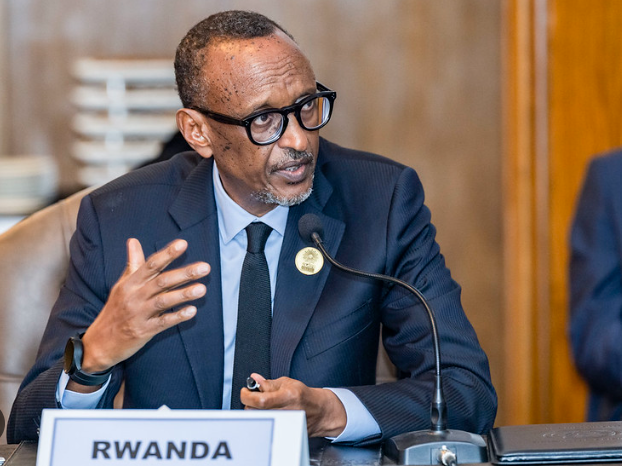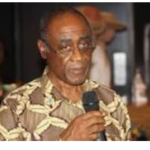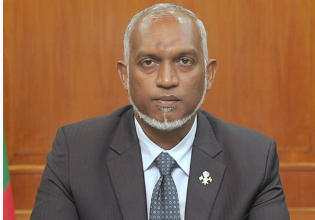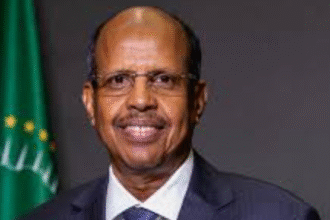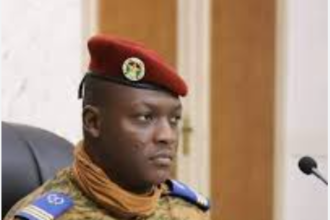By Patrice Katuma
Kigali, Rwanda – President Paul Kagame delivered a blistering rebuke to Western nations in the face of mounting sanctions imposed on Rwanda for its alleged support of the M23 rebel group in the Democratic Republic of Congo (DRC). During a highly charged commemoration of the 1994 genocide against the Tutsi, Kagame accused foreign powers of hypocrisy and unwarranted interference in Rwandan affairs.
“If anyone comes around and thinks they can, you know, they come and say, hey, we’re going to sanction you. To what? Go to hell. Just go to hell,” Kagame declared, his words reflecting a growing frustration with international pressure.
“You have your own issues to deal with, go and deal with your own issues. Leave me to mine,” he added, signaling a potential shift in Rwanda’s historically strong relationship with the West.
Kagame’s fiery remarks come as Rwanda faces increasing global scrutiny, including aid cuts by Germany and the United Kingdom, sanctions on a Rwandan minister by the United States, and a pending review of a crucial mineral deal by the European Union. Canada has also joined the chorus, suspending export permits and official engagements with Kigali.
The sanctions stem from accusations that Rwanda is providing military support to the M23 rebel group, a Tutsi-led militia operating in eastern DRC. UN reports have alleged the deployment of at least 4,000 Rwandan troops in the mineral-rich region, a claim vehemently denied by Kagame’s government. The M23 insurgents have seized significant territory in recent months, displacing hundreds of thousands of Congolese civilians and exacerbating the already volatile situation.
Kinshasa accuses Kigali of using the rebels as a proxy force to plunder valuable minerals like cobalt and tantalum, essential components in the global tech industry. This accusation fuels the international condemnation and has prompted calls for greater accountability.
Despite the global backlash, Kagame maintains that Rwanda’s actions are driven by national security concerns, specifically the presence of genocidal militia groups in eastern Congo, some of which are remnants of forces responsible for the 1994 genocide in Rwanda. He argues that these groups pose a direct threat to Rwanda’s stability and justifies the country’s involvement in the region.
Under Kagame’s leadership, Rwanda has garnered international praise for its stability, peacekeeping efforts, and its role as a host for international summits. However, critics contend that this polished image has long masked authoritarian tendencies and military actions beyond its borders.
The unfolding situation leaves Rwanda’s relationship with the West hanging in the balance, potentially reshaping the political landscape in the Great Lakes region and forcing a re-evaluation of Rwanda’s role on the global stage.


